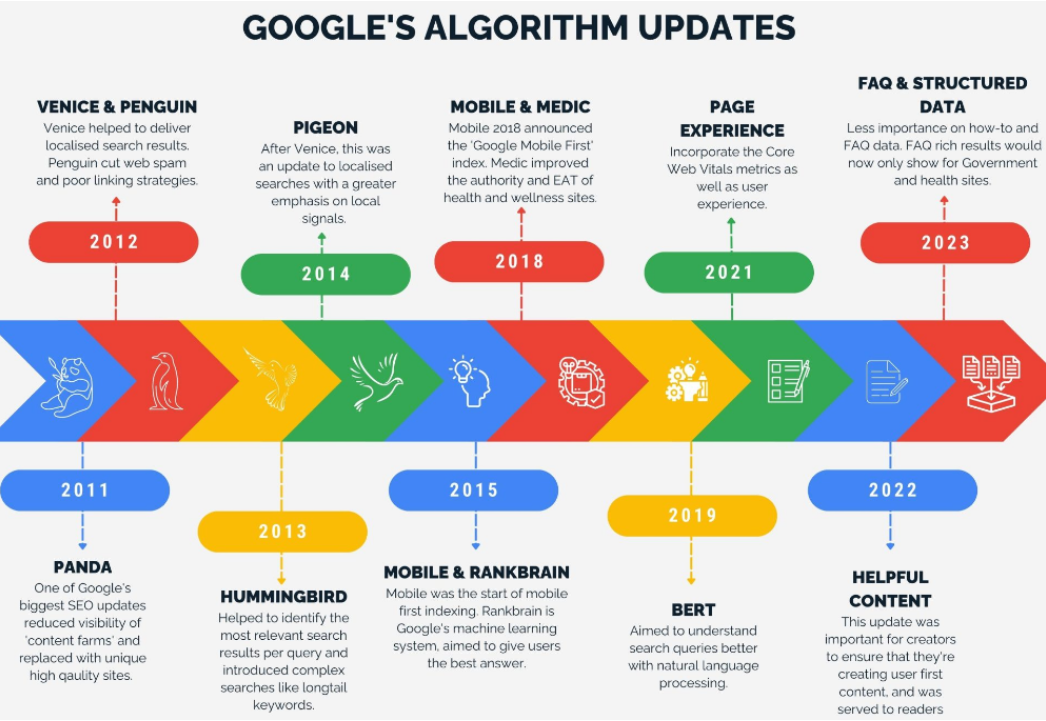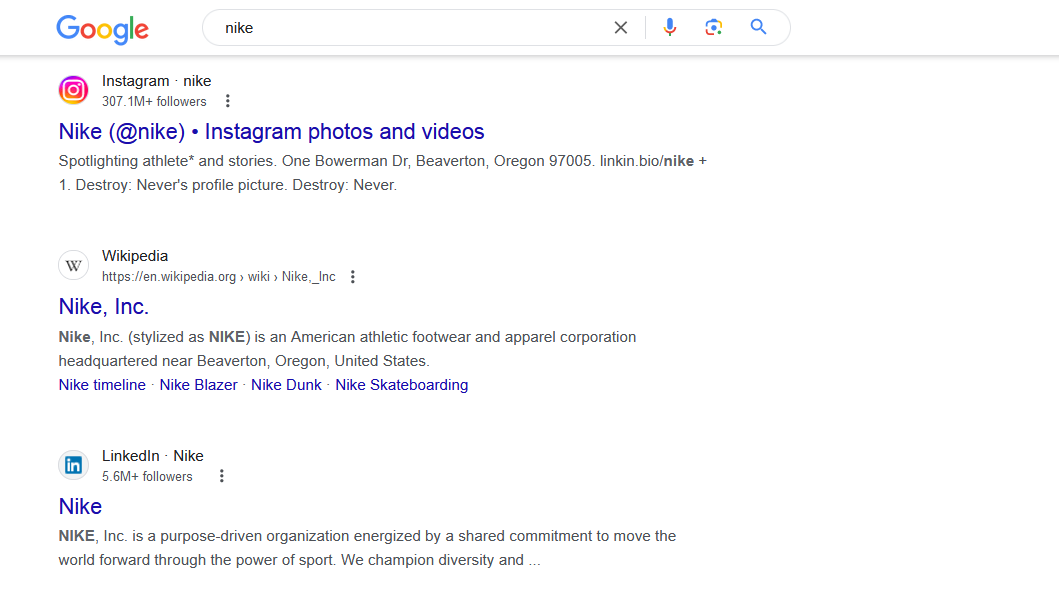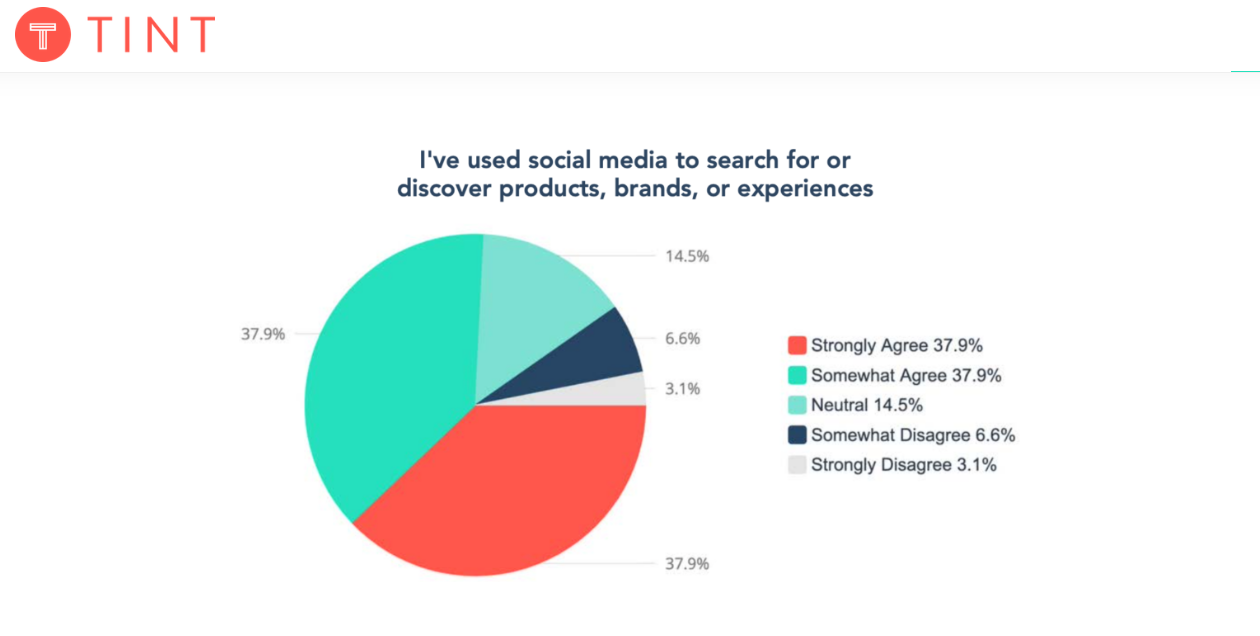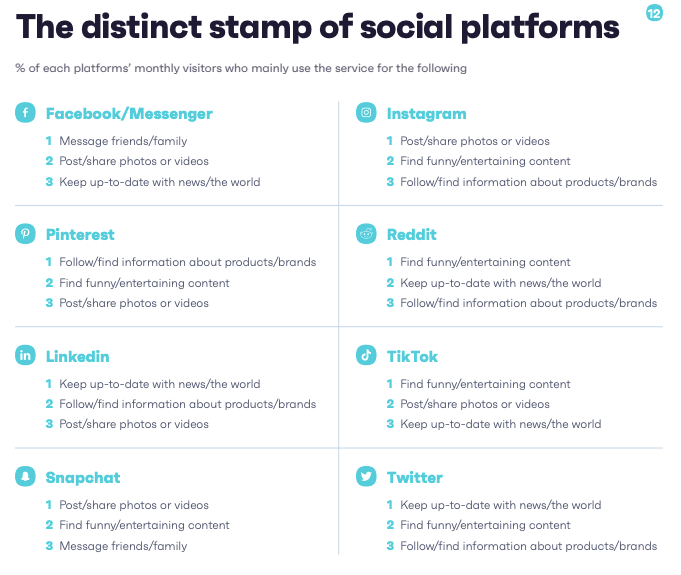In the ever-changing landscape of digital marketing, Search Engine Optimization (SEO) has evolved dramatically, especially with Google’s frequent algorithm updates. These updates focus on providing the best user experience, highlighting the importance of quality content. As SEO has shifted, social media has emerged as a powerful ally, playing a significant role in brand visibility and user engagement. While Google has clarified that social signals—likes, shares, and followers—don’t directly affect search rankings, they still contribute indirectly by driving traffic, improving brand visibility, and enhancing your online reputation. These factors can lead to valuable backlinks and improved search performance over time.
This article explores how social media and SEO work together to strengthen your online presence. We’ll look at the history of their interaction, how social media helps with visibility and traffic, and the potential impact social media may have on search algorithms in the future. Additionally, we’ll provide actionable insights to maximize your social media strategies for better SEO performance.
Boost your brand with Top Organic Leads cutting-edge SEO. Drive traffic and build a strong online reputation. Call us at 971-248-0953 for more info.
The History of Social Media and SEO
SEO began in the mid-1990s when search engines were relatively simple. Back then, SEO mostly revolved around keyword optimization and acquiring backlinks to improve search visibility. As the digital space grew, social media emerged as a new force, bringing along new possibilities for SEO.
Around 2004, platforms like Facebook and LinkedIn were launched, soon followed by Twitter in 2006 and Instagram in 2010. As social networks gained popularity, marketers began noticing how social media platforms could amplify content distribution. More people sharing content led to increased traffic, more backlinks, and ultimately, improved search rankings.
Even though Google has made it clear that social signals don’t directly influence rankings, the indirect benefits have proven too significant to ignore. Traffic generated from social media posts, brand awareness, and online engagement help improve the chances of your content being linked to or featured on other reputable websites. Now, social media and SEO are intertwined and are both essential for a successful digital marketing strategy.
How Social Media Boosts SEO
Social media platforms such as Facebook, X (formerly known as Twitter), LinkedIn, and others play a key role in supporting your SEO efforts. Let’s break down the different ways that social media enhances SEO:
1. Increasing Content Visibility
Posting your content on social media platforms like Facebook, LinkedIn, and Instagram enables you to reach a broader audience. Sharing links, engaging with users, and encouraging comments, likes, and shares can greatly increase your content’s visibility. The more people see, engage with, and share your content, the more likely it is to drive traffic back to your website.
For example, a well-optimized blog post shared across social media platforms can receive hundreds of shares, dramatically increasing traffic. Increased traffic signals to search engines that your content is valuable, which could help boost your rankings.
Action Tip: Use social media to distribute SEO-optimized content—articles, infographics, videos—and include engaging calls-to-action (CTAs) to encourage interaction and sharing.
2. Boosting Profile Rankings in Search Results
Social media profiles frequently appear at the top of search results for branded searches. If someone searches for your business name, they’re likely to see your Facebook, Instagram, LinkedIn, or Twitter profile near the top. This is crucial for expanding your digital footprint and maintaining control over your brand’s online presence.
For instance, when you search for a brand like Nike, their social media profiles often appear alongside their official website. This visibility helps direct potential customers to your brand’s social pages, where they can interact and learn more about you.
Action Tip: Ensure your social profiles are fully optimized with complete information, including a bio, keywords, and links back to your website. Make sure to regularly update these profiles to keep them active and engaging.
3. Optimizing Social Media Content for Search
Platforms like YouTube and Pinterest serve as search engines in their own right. Users often turn to these platforms to find specific information, products, or inspiration. Optimizing your social media content with strategic keywords, hashtags, and descriptions helps improve its visibility, both within the platform and in traditional search results.
On YouTube, videos with optimized titles, tags, and descriptions are more likely to show up in Google search results, driving more organic traffic. Similarly, Pinterest’s smart feed prioritizes content that uses relevant keywords and hashtags, making it easier for users to discover.
Action Tip: Use keyword research tools like Google Keyword Planner or Ahrefs to identify trending keywords and incorporate them into your social media posts, descriptions, and hashtags.
4. Driving Traffic and Generating Backlinks
One of the most direct benefits of social media for SEO is its ability to drive traffic. By sharing your website content on social platforms, you provide a gateway for users to visit your site. This influx of visitors can help search engines understand that your website is relevant and valuable, which may positively impact your rankings.
Moreover, content that goes viral on social media can attract attention from other websites, resulting in backlinks—a key ranking factor for SEO. For example, if a popular blog or news site picks up your content after seeing it on social media, you gain a valuable backlink that boosts your authority.
Action Tip: Create shareable content like infographics, case studies, and engaging blog posts that are likely to be shared and referenced by others.
5. Building Brand Authority
Active and engaging social media profiles can significantly enhance your brand’s authority. Brand authority is important in SEO because search engines like Google place a higher value on authoritative websites. When your social media profiles reflect trustworthiness, credibility, and engagement, this signals to search engines that your brand is reliable.
For example, regular engagement with followers through comments, messages, or even polls can boost your brand’s perception as a leader in your industry.
Action Tip: Build a content strategy that promotes authority by consistently sharing thought leadership content, engaging with industry trends, and participating in conversations relevant to your field.

Adapting to Changing Algorithms
Search engines are continually updating their algorithms to provide users with the best possible results. While social media signals such as likes and shares are not direct ranking factors today, future updates could change this dynamic. Staying ahead of the curve and being adaptable to changes is essential for long-term SEO success.
Google has already indicated that user experience and content quality are critical. Since social media is a direct line to your audience, it can help you gauge user satisfaction. Monitoring how your audience reacts to your social content allows you to adjust your SEO and content marketing strategies to better meet user needs.
Action Tip: Keep an eye on industry updates from platforms like Search Engine Journal or Moz to stay informed about potential shifts in the role of social media for SEO.

See how our company can drive more traffic to your website. Contact us now to secure your spot at the top!
Key Strategies for Social Media and SEO Synergy
When integrating social media with your SEO strategy, consider the following best practices to maximize effectiveness:
1. Leveraging Social Media Profiles for SEO
As previously mentioned, social media profiles can often rank highly in search engine results. Brands must recognize the importance of optimizing these profiles, as they often serve as a user’s first introduction to your business. In some cases, potential customers will visit your social media profiles before navigating to your website.
To take full advantage of this, ensure your social media profiles are complete with business information, including contact details, website links, and relevant keywords.
Action Tip: Keep your profiles consistent across platforms in terms of branding, logo, and business description to reinforce your online identity.
2. The Uncertainty Around Social Links and SEO
There’s ongoing debate among SEO experts about whether social media links directly impact search engine rankings. However, while the relationship may not be crystal clear, what is known is that increased visibility can lead to indirect benefits for SEO.
Social media shares increase exposure, which can lead to more website traffic. Over time, this increased visibility might result in more authoritative websites linking to your content, which does contribute directly to SEO.
Action Tip: Focus on building high-quality, shareable content that naturally encourages sharing and engagement, potentially leading to backlinks.
3. Measuring Social Media’s Impact on SEO
To truly understand how social media impacts your SEO, it’s essential to track key metrics. While social media traffic may not directly influence rankings, understanding how users are interacting with your content can guide your SEO strategies.
Key metrics to track include:
- Follower growth: Indicates how many users are exposed to your content.
- Impressions and reach: Measure how often your content is seen by users.
- Engagement rate: Shows how often users interact with your posts, such as likes, shares, or comments.
There are many tools available that can help measure social media’s influence on SEO. For example, Google Analytics can track referral traffic from social media, helping you see which platforms are driving the most visitors to your website.
Action Tip: Use tools like Hootsuite and Google Analytics to track your social media performance and its impact on website traffic.

Social Media Trends for SEO in 2023
In 2023, social media continues to be a powerful tool for discovery. A report by TINT revealed that nearly 40% of people use social media to discover new brands and products. Platforms like Pinterest and Instagram have become search engines in their own right, where users search for visual content or inspiration.
Brands can take advantage of this by ensuring their social profiles are optimized for search. For example, a well-optimized Instagram bio with relevant keywords can make your profile more discoverable. Additionally, using strategic hashtags allows your posts to reach users searching for specific terms.
Action Tip: Make your social media profiles easily identifiable, and use hashtags strategically to improve the discoverability of your content.
Maximizing Your SEO with Social Media: Practical Steps
To make the most of social media for SEO, consider the following comprehensive strategies:
- Incorporate trending keywords: Keep track of trending keywords on social media and incorporate them into your website’s content. Ensure these keywords appear in meta descriptions, headers, and throughout the copy.
- Optimize multimedia content: Enhance the visibility of your images and videos by tagging them with popular hashtags and keywords. This improves their chances of being discovered on platforms like Instagram or Pinterest.
- Create a network of links: Link your social media posts to related pages on your website or blog. This creates a web of links that strengthens both search engine rankings and user engagement.

FAQs About Social Media and SEO
How can affiliate marketing fit into a social media and SEO strategy?
Affiliate marketing can be integrated into your social media and SEO strategy by promoting affiliate products in SEO-optimized content. Using the right keywords and social media influencers can help increase traffic and boost engagement.
What are the key components of a successful social media and SEO strategy?
A successful strategy includes consistently producing engaging content, using strategic keywords, connecting with your audience, and monitoring analytics to align your social media efforts with SEO goals.
How does Instagram SEO work?
Instagram SEO involves optimizing your profile and posts to appear in both Instagram’s internal search results and external search engines. Best practices include using relevant hashtags, writing descriptive captions, and ensuring your profile is fully optimized with a clear description and link to your website.
Conclusion: The Synergy Between Social Media and SEO
While social media may not directly improve your SEO rankings, it plays a vital role in building a comprehensive online strategy. By using social media to increase visibility, drive traffic, and enhance engagement, you indirectly boost your SEO efforts. As search engines and social platforms continue to evolve, integrating social media with SEO will become increasingly important for businesses seeking to enhance their digital presence.
With careful planning, strategic content distribution, and a focus on trends, brands can harness the power of social media to support their SEO and drive long-term success online.
Contact Top Organic Leads today to discuss the possible SEO plans for your website. Call our office or send a form through the contact page.


